Category : News
Mar 8, 2023 | Announcements, Community, Fellows, India, News

Kheya Melo Furtado, an expert on health systems financing and public health, joins the Mittal Institute as our Spring 2023 Jamnalal Kaniram Bajaj Visiting Research Fellow. She is a faculty member in the Healthcare Management program at the Goa Institute of Management, India. Kheya shared more about her research and endeavors while an LMSAI Fellow.
Mar 1, 2023 | Announcements, Arts Program, Community, Fellows, News
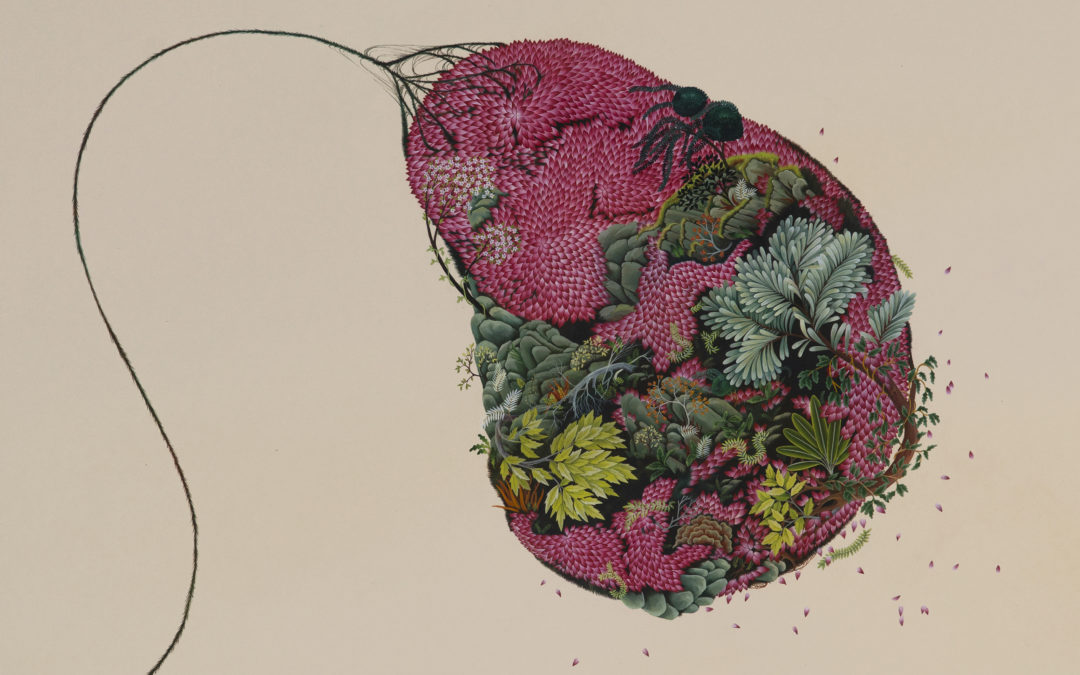
We are pleased to welcome two new VAF Artists, Dhara Mehrotra and Manjot Kaur, to Cambridge for the start of their fellowship at Harvard. The VAF program connects artists from South Asia with Harvard’s intellectual resources, and allows a platform for mid-career...
Mar 1, 2023 | Announcements, Climate, Community, Faculty, In Region, India, Nepal, News, South Asia in the News
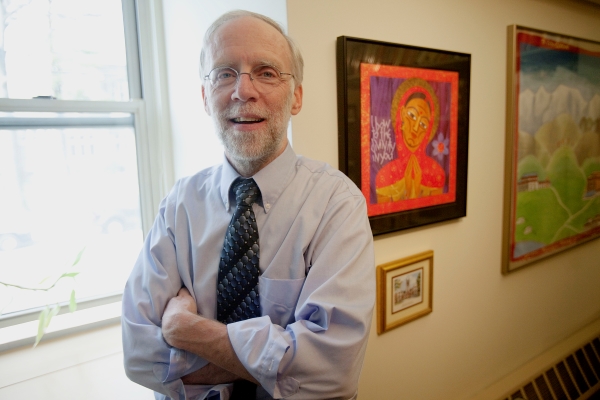
Francis X. Clooney, a born and bred New Yorker, was following a fairly traditional path toward Jesuit priesthood when he took an unexpected detour that would change his religious and world view forever. Clooney, now Parkman Professor of Divinity at Harvard, is a leading scholar in the Sanskrit and Tamil traditions of Hindu India and the developing field of comparative theology. He has written numerous books, including Hindu God, Christian God (2001) and the more recent Reading the Hindu and Christian Classics (2019). How he found himself at the forefront of Hindu-Christian studies began in 1973 with a trip to Kathmandu, where different religious traditions were not just in books but all around him.
Mar 1, 2023 | Announcements, Community, News, Students
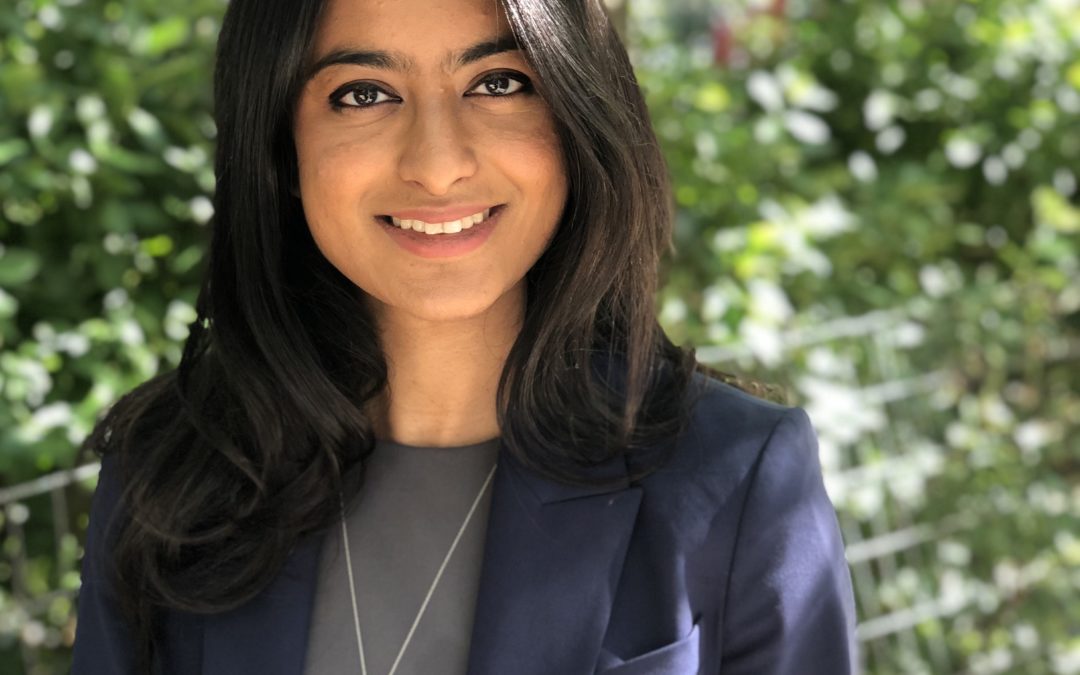
Harvard Law Review has elected second-year student Apsara Iyer as its 137th President. Founded in 1887, the Harvard Law Review is among the oldest student-run legal scholarship publications. We spoke with Apsara about the position, and what she envisions for her tenure.
Mar 1, 2023 | Afghanistan, Bangladesh, Community, Faculty, Fellows, Graduate Student Associates, In Region, India, Myanmar, Nepal, News, Pakistan, South Asia in the News, Sri Lanka, Students

Calling all Harvard photographers! The Mittal Institute seeks images of South Asia for our inaugural PHOTO CONTEST. Deadline Extended to 5pm EST on Friday, March 10 in the following categories: CATEGORIES: 1. Nature + Landscapes 2. People 3. Urban Landscapes and...
Feb 15, 2023 | Announcements, Fellows, In Region, News
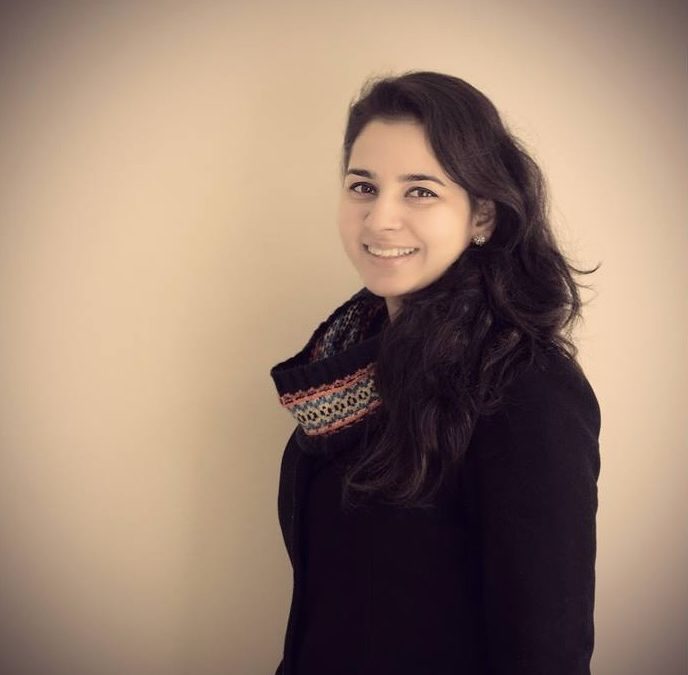
Our new Syed Babar Ali Fellow, Mariam Zia, joined us in Cambridge this spring, and has gotten right to work on translating the first volume of Shamsur Rahman Faruqi’s multivolume study of the 46-volume Dastan-e Amir Hamza titled Sahiri, Shahi, Sahibqirani: Dastan-e Amir Hamza ka Mutalea (Sorcery, Magic, Kingship: A Study of The Adventures of Amir Hamza). We spoke with Mariam about her fellowship and impressions of Harvard.
Feb 15, 2023 | Announcements, Climate, Community, Faculty, In Region, News, South Asia in the News

An interdisciplinary team, comprised of Mittal Institute faculty, has banded together to design specific climate mitigation strategies through the project, “Climate Adaptation and Climate-Driven Migration in South Asia: Building an International Research Network for Long-Term impact.” And Harvard University has just awarded the team one of the inaugural “Climate Clusters” grants from Harvard’s Salata Institute for Climate and Sustainability.
Feb 15, 2023 | Announcements, Climate, Community, Faculty, In Region, News, South Asia in the News
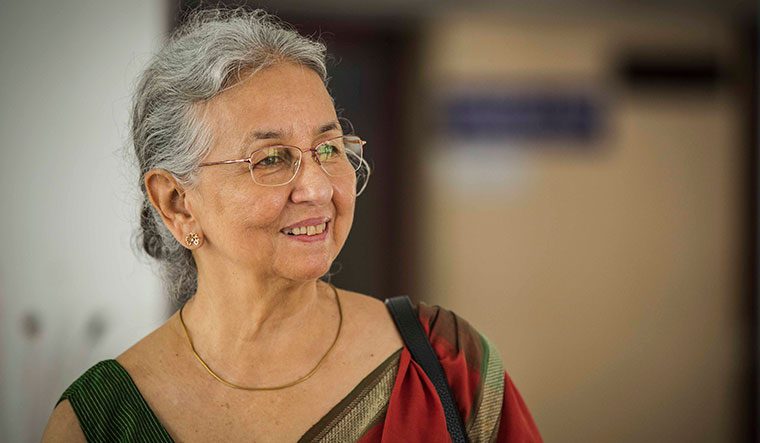
The Mittal Institute is delighted to announce the selection of Nilima Sheikh as the inaugural Distinguished Artist Fellow. Sheikh, a renowned painter based in Baroda, India, will be in residence at the Institute on the Harvard campus from April 17 – 28, 2023.
Feb 8, 2023 | Announcements, Community, Faculty, In Region, News, South Asia in the News, Students
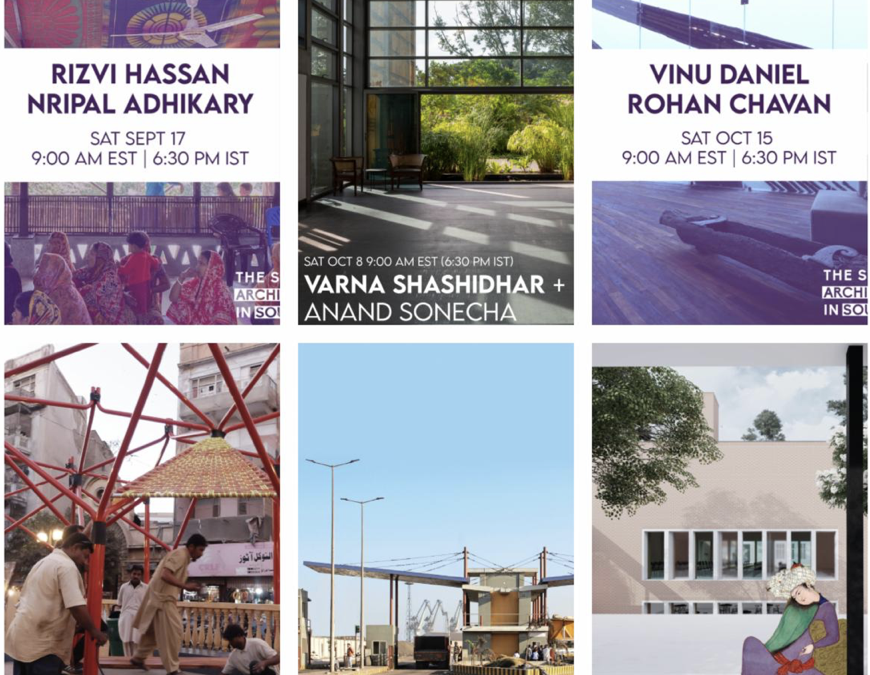
Last semester, a new multi-year project was launched to research, document, and create conversations around architecture in South Asia. The project, “The State of Architecture in South Asia,” utilizes podcasts, lecture series, exhibits and conferences to ask fundamental questions about architecture’s role and space in the region. The project is coordinated by the Mittal Institute, the Harvard University Graduate School of Design (GSD), and supported by The Architecture Foundation, India and The South Asia GSD Student Group. We spoke with project conveners Rahul Mehrotra, Chair of the Department of Urban Planning and Design at the Harvard Graduate School of Design (GSD) and an LMSAI Steering Committee member, and Pranav Thole, an urban design graduate student at the GSD and co-chair of the South Asia GSD student group, who also launched a corresponding virtual lecture series, “The Architecture of Transition: Emergent Practices in South Asia.” Fall installments of the series can be found on our YouTube channel – upcoming events are listed below and on our events calendar.
Feb 8, 2023 | Announcements, Community, Faculty, In Region, News, Social Enterprise, South Asia in the News

Milind Tambe, Gordon McKay Professor of Computer Science at the Harvard John A. Paulson School of Engineering and Applied Sciences (SEAS), will be awarded the Feigenbaum Prize at the 37th Association for the Advancement of Artificial Intelligence (AAAI) Conference later this month. The Feigenbaum Prize, awarded biennially, recognizes outstanding artificial intelligence research that combines experimental computer science methods with real-world applications.
Feb 8, 2023 | Announcements, Community, Faculty, In Region, News, Pakistan, South Asia in the News
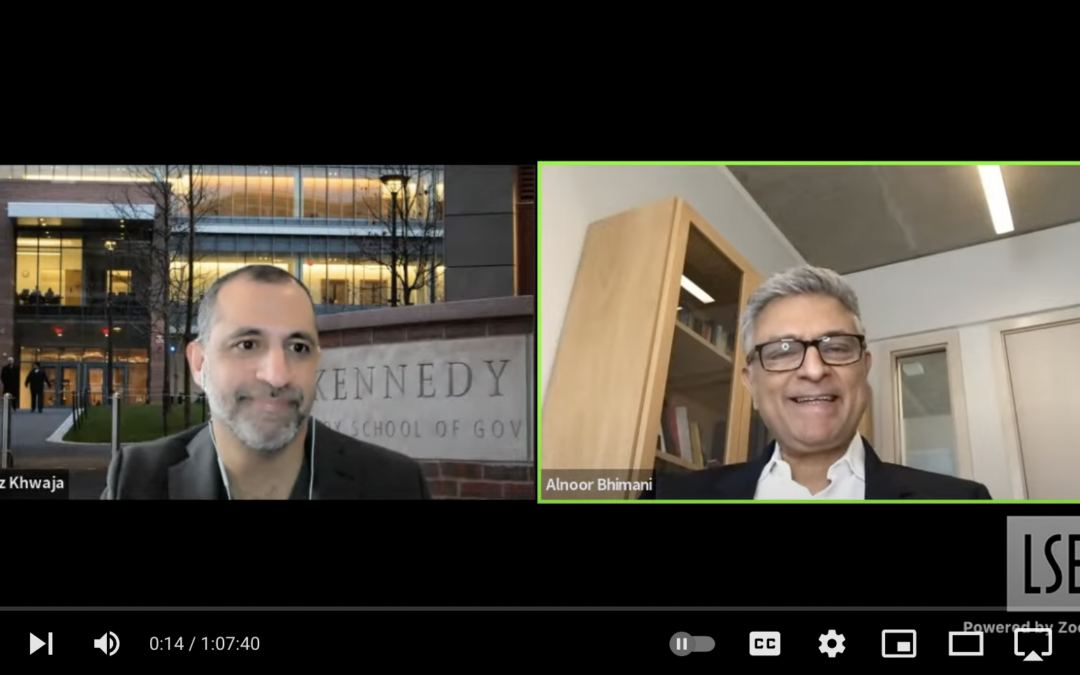
Economists provide policy advice at the institutional, country, and regional levels, on a host of pressing issues: climate change, education, financial stability, and more. In the recent talk, “Sound Economics can Enrich Pakistan,” Professor Asim Khwaja explored how successful these economic policies have been to the set of challenges facing Pakistan. Asim Khwaja is Sumitomo-FASID Professor of International Finance & Development; Director, Center for International Development, Harvard Kennedy School, Harvard University; and a Mittal Institute Steering Committee member. He was joined in conversation by the talk’s chair, Alnoor Bhimani, Director, LSE South Asia Centre and Professor of Management Accounting at LSE. The event was hosted in collaboration with the Mittal Institute and the London School of Economics South Asia Centre.
Jan 31, 2023 | Announcements, Community, India, News, South Asia in the News, Students
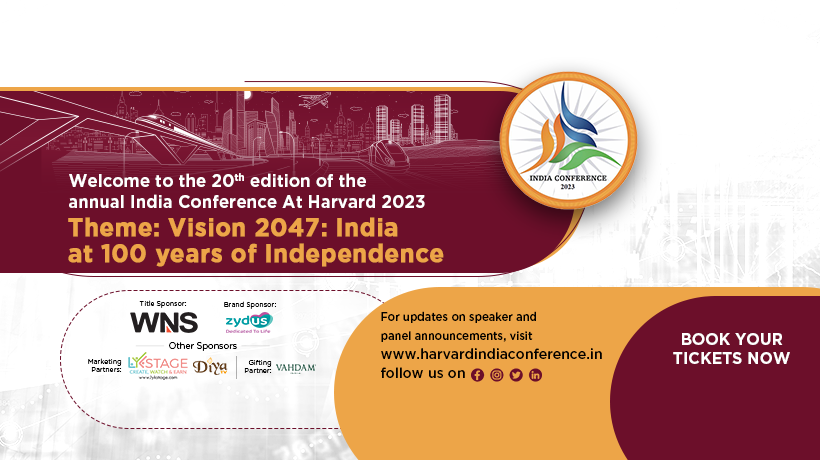
This year marks the 20th season of the India Conference at Harvard. The conference, organized by students from across Harvard, will run February 11 and 12 at Harvard Kennedy School and Harvard Business School. The conference theme, “Vision 2047: India at 100 Years of Independence” will explore how India can fulfill her global potential. The conference hopes to build upon its strong legacy of hosting conversations with India’s leading politicians, business leaders, government officials, academics, artists, athletes, philanthropists for meaningful dialogue on India’s path to global recognition. The conference is supported by WNS, with additional contributions from Zydus and the Mittal Institute.
We spoke with conference organizers Anushree Singh (Harvard Business School), Dhananjay Goel (Harvard Kennedy School), Harkirat Bhullar (Harvard College), Umang Daga (Harvard Business School), and Vidhi Lohia (Harvard Kennedy School) about what attendees can expect from the two-day event.












